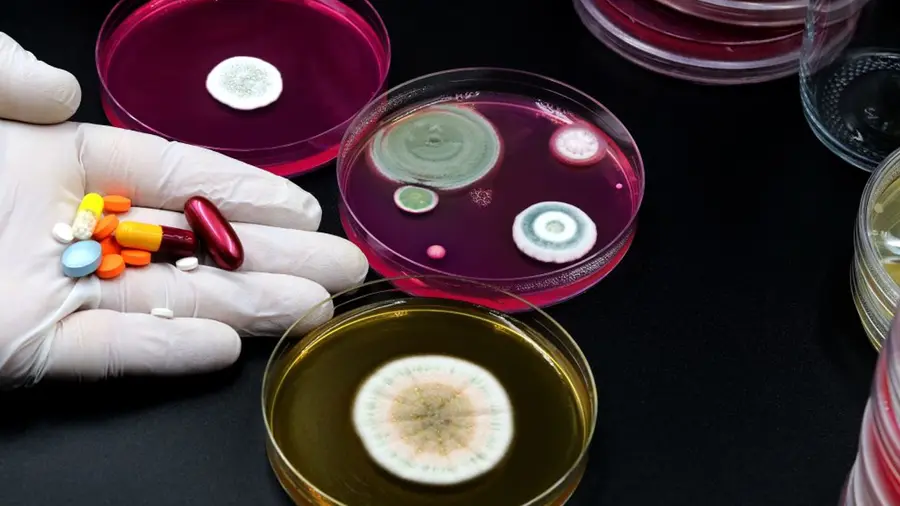Kerala Scientists Uncover New Way to Tackle Antibiotic Resistance


Web desk
Published on May 15, 2025, 05:16 PM | 2 min read
Thiruvananthapuram: Scientists at the Rajiv Gandhi Centre for Biotechnology (RGCB) in Kerala, in collaboration with IIT Madras and the Tata Institute of Fundamental Research (TIFR), have discovered a potential method to tackle antibiotic-resistant bacteria by targeting a specific protein on their outer membrane. The study focuses on porins—proteins that regulate the entry and exit of molecules in bacterial cells—and their role in enabling bacteria to resist antibiotics.
The research, recently published in the German journal Small, examined Klebsiella pneumoniae, a high-priority pathogen identified by the World Health Organization due to its resistance to multiple drugs, including last-resort antibiotics like carbapenems. The team found that certain porins in this pathogen act as molecular gatekeepers, restricting the flow of antibiotics into the bacterial cell and thereby contributing to treatment failure. By targeting these proteins, the researchers believe the defensive mechanism can be disrupted, allowing antibiotics to regain their effectiveness.
While porins in non-pathogenic bacteria have been studied earlier, this marks one of the first focused investigations into such proteins in dangerous, disease-causing strains. The discovery opens up possibilities for a new class of treatments aimed at weakening bacterial defenses rather than developing entirely new antibiotics.
The research was supported by the Department of Biotechnology, the Department of Science and Technology, the Anusandhan National Research Foundation, and internal funding from RGCB. Dr. K R Mahendran’s team at RGCB worked closely with Dr. Arumugam Rajavelu’s lab at IIT Madras and Dr. Jagannath Mondal at TIFR to conduct the multi-institutional study.
With India facing an increasing burden of drug-resistant infections, especially in hospitals, such findings hold immediate relevance. WHO estimates that antimicrobial resistance could lead to 10 million deaths annually by 2050 unless urgent steps are taken. In India alone, tens of thousands of newborns die each year from antibiotic-resistant infections.
The findings from Kerala’s leading biotech institute add to the growing national and global research efforts aimed at combating antibiotic resistance through science-based innovation and targeted therapies.










0 comments